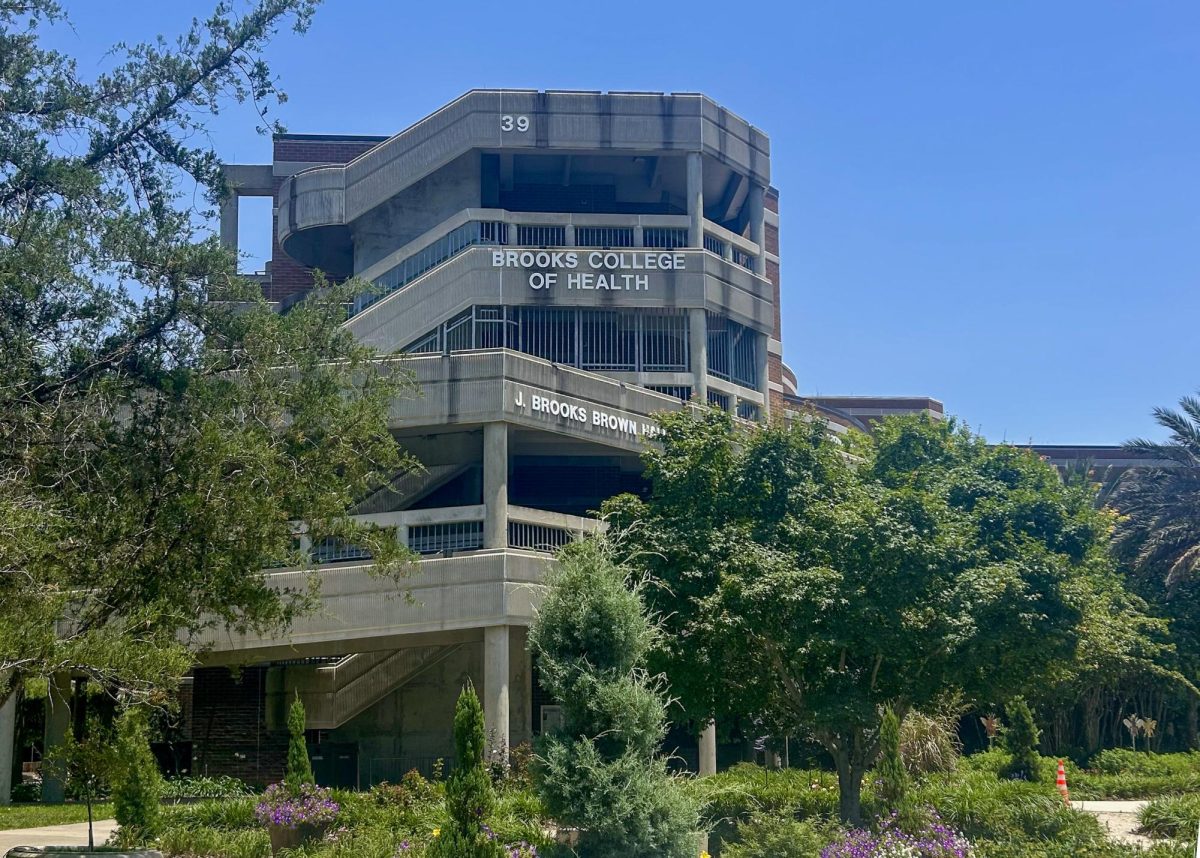Spinnaker spoke to UNF Advising and got their feedback about the results of the “U Never Finish” poll. UNF Advising also offered lots of useful tips for students to help with their journey towards graduation.
Last month, Spinnaker released a poll asking UNF students why they thought students found it difficult to graduate. “Bad advising” received the most votes, closely followed by “Students aren’t applying themselves enough.”
UNF Advising was immediately concerned when the results of the poll were published. It was quite a shock, however, they understood students’ frustrations. Through speaking with members of UNF Advising, it was clear that they care deeply for every single student, and they truly want students to have a great experience and relationship with their advisors.
The road to graduation can be a bumpy one, and advisors are here to help you navigate and try to avoid those bumps. But what exactly are the duties of an academic advisor?
According to advising leadership at UNF, “The primary role of an academic advisor is to help students be successful on their way to graduation. Advisors help with course scheduling, major selection, minor selection, getting involved on and off campus, etc. They can help you get connected to other resources on campus, too.”
Academic advising is a two-way street – meaning that action is required from both the student and their advisor. Students have a responsibility of regularly keeping in contact with their advisor, asking questions, staying on track, etc.
“Think of the role of an academic advisor like a coach to an athlete. Advisors provide guidance and encouragement to help you achieve your academic goals. Your academic advisor isn’t there to tell you everything you should do – but instead, they are there to help you understand your options and give you the necessary information so you can make informed decisions regarding your academic journey,” advising leadership at UNF said.
Advising leadership at UNF offered some helpful pointers for students when it comes to what types of questions to ask an advisor and how often to meet with an advisor during the year.
Advising leadership said students should ask their advisor about:
– The requirements for your degree, what courses you should take, and in what sequence
– The best ways to enhance your college experiences – such as joining clubs or pursuing internships or career shadowing
– What resources will best support you along your academic journey
– How to get connected to academic support programs at UNF
– Dates/deadlines/policies/procedures
“Check in with your advisor as much as you need to. For summer/fall course scheduling – go see your advisor in late February/early March. For spring scheduling – late September/early October. But at the first sign of any issue – whether personal or academic – meet with your advisor so you can strategize a plan together that isn’t driven by the duress of a deadline. Even if advisors can’t help you with a particular question, they can connect you to appropriate resources on campus who can help,” advising leadership stated.
To get the most out of your advising experience, advising leadership explained that students should:
– Be prepared before their advising appointment. Students should review their degree evaluation and Osprey map regularly to see what courses they have remaining.
– Before scheduling an advising appointment, write down any questions you may have so you don’t forget to ask during your appointment.
– Check your email frequently to make sure you have up to date information
Many UNF students have a hard time getting into certain classes because they fill up too quickly. If this occurs, students should and are encouraged to reach out to their advisors. Advisors can assist in getting students into the classes they need in order to keep them on track towards graduating on time.
If a student has any challenges with their advisor (ex. not hearing back from an advisor), they can contact their college’s director at any time.
Listed below are the directors for each college at UNF.
- College of Arts and Sciences – Liz Wondell l.wondell@unf.edu
- College of Education & Human Services – Dr. Cathy O’Farrell cofarrel@unf.edu
- College of Computing, Engineering, & Construction – (Interim) Kellie Woodle kwoodle@unf.edu
- Coggin College of Business – Dr. Jennifer Jackson jennifer.jackson@unf.edu
- Brooks College of Health – Dr. Miwa Nguyen m.nguyen@unf.edu
- Hicks Honors College – Elizabeth Peter epeter@unf.edu
- First-Year Advising – (Interim) Bruce Turner bturner@unf.edu
Frustrations with One-Stop were also brought up by a student in response to Spinnaker’s poll, calling One-Stop a “disaster.” Students should bear in mind, if they don’t already know, that academic advising is separate from One-Stop. Academic advising is there to help students navigate their academic journey, while One-Stop assists with questions relating to admissions, academic records, registration, and financial aid.
Advising leadership at UNF expressed how extremely thankful they are for the “Osprey-tunity” to hear out students’ concerns and provide this information for them.
________
For more information or news tips, or if you see an error in this story or have any compliments or concerns, contact editor@unfspinnaker.com















